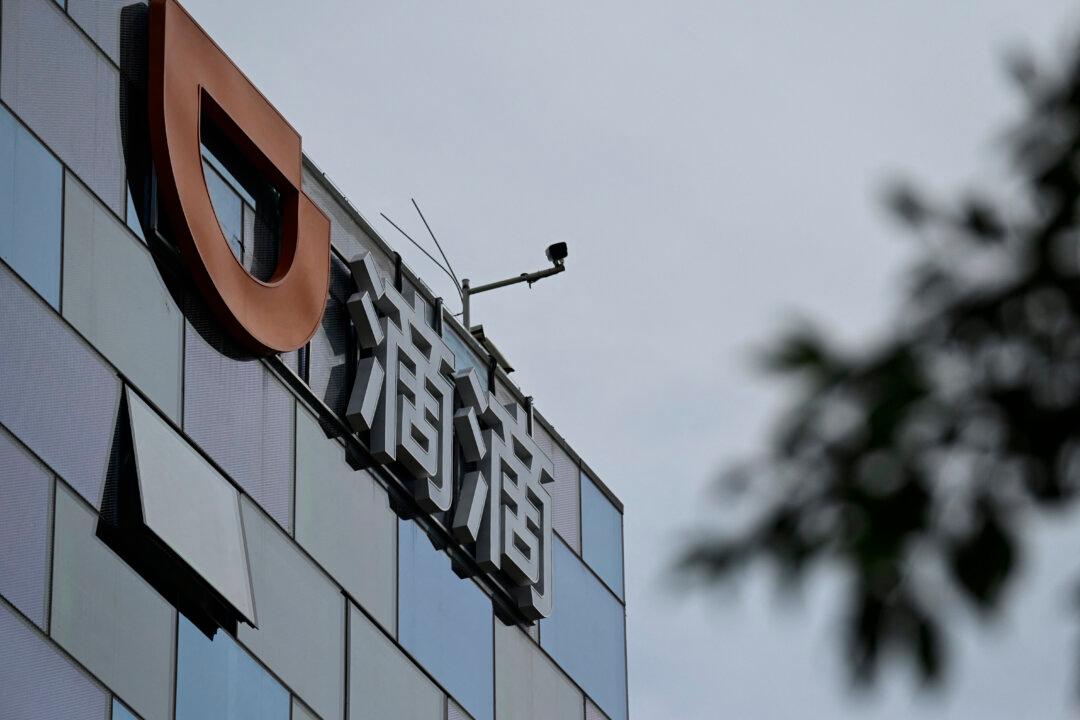An Australian senator has written to Chinese ride-hailing giant Didi, asking the company to ensure it complies with Australian privacy laws and adequately protects the cyber security of Australian users.
On Aug. 17, Liberal Senator, Shadow Minister for Cyber Security & Countering Foreign Interference James Paterson published on social media a letter to Maria Silos, Director of Government Affairs at Didi Australia.




